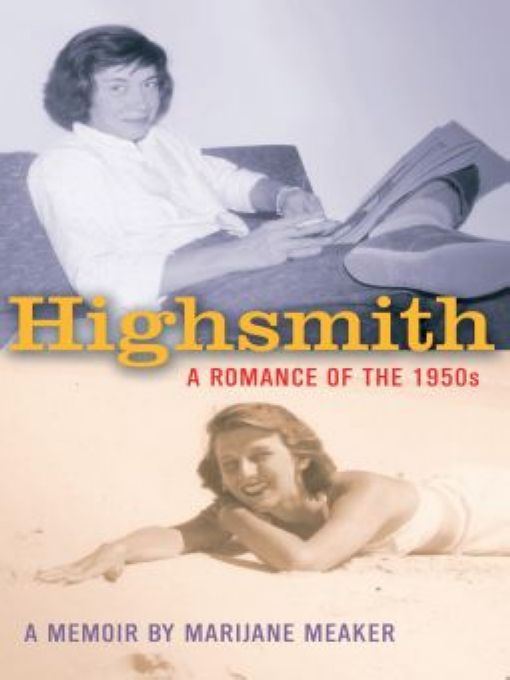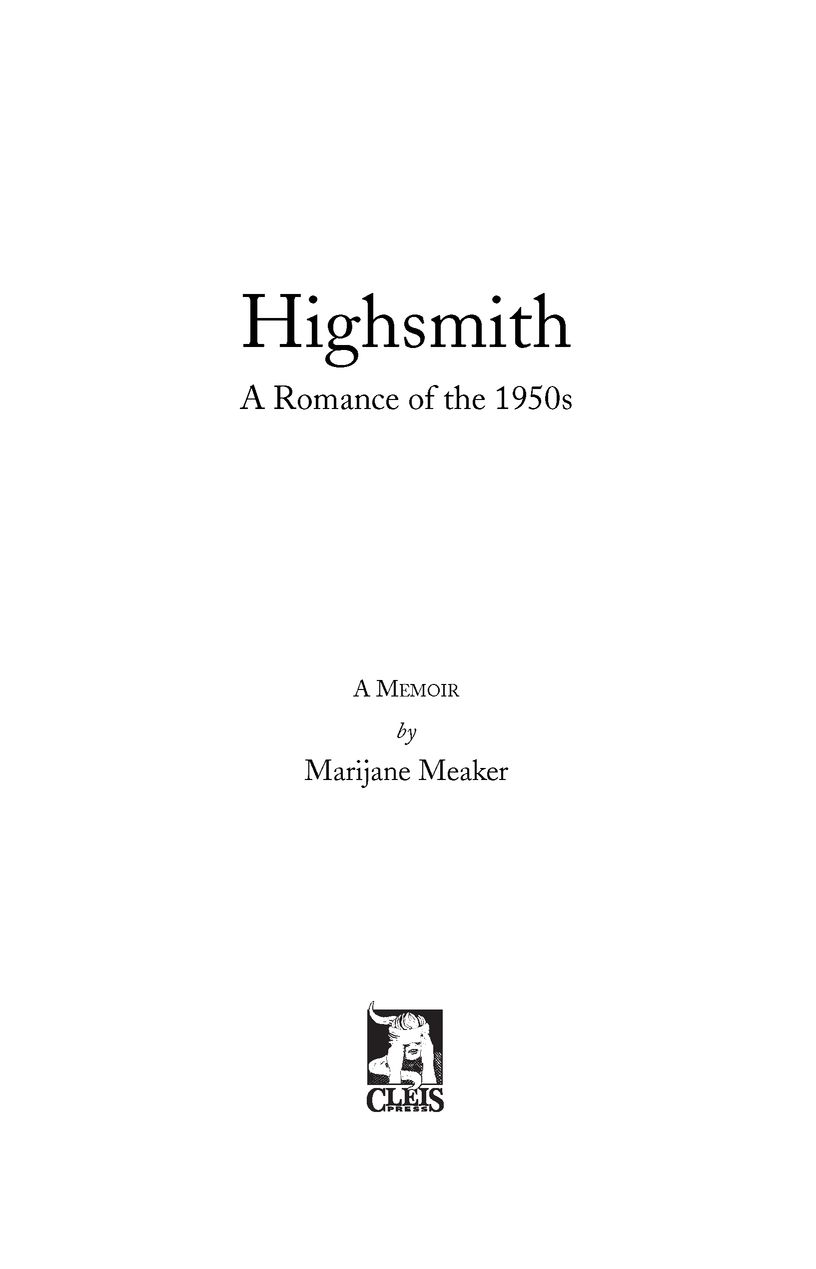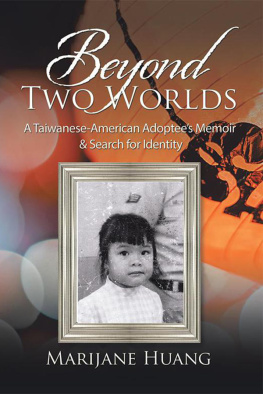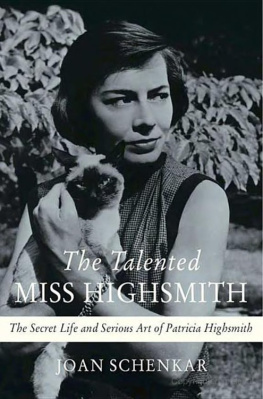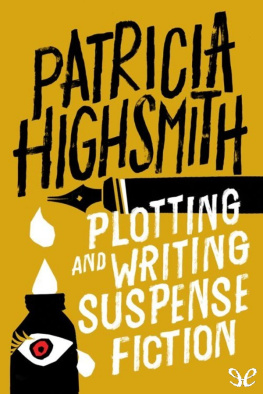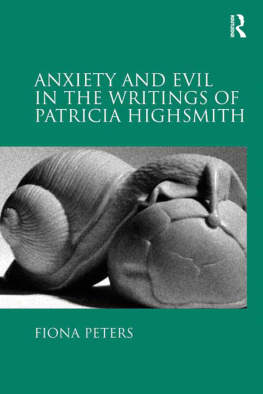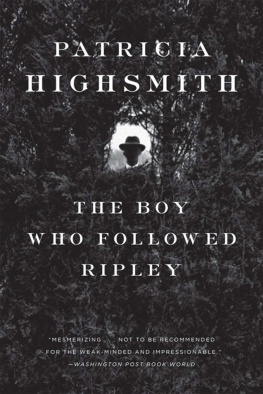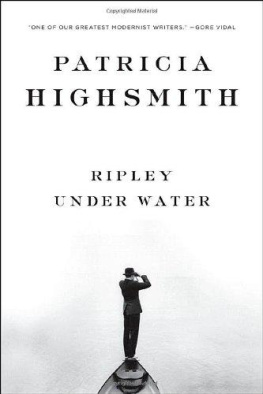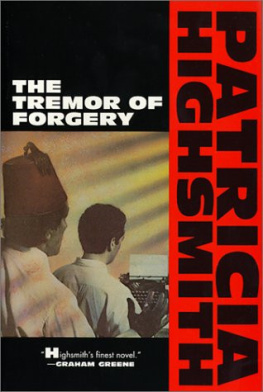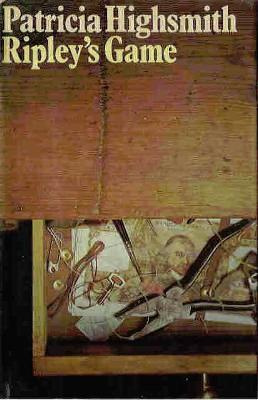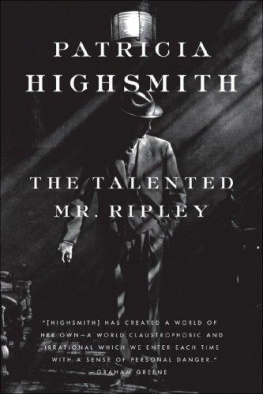Table of Contents
For Kit, there then and here now, with love.
One
Ls was on a little side street in Greenwich Village, a dark, cozy lesbian bar.
It was the beginning of graciousness in the lesbian bar world. There was no evidence of Mafia ownership, no men in baggy double-breasted suits sporting pinkie rings guarding the door. In fact, no men were allowed. The bathroom was clean. The customers didnt seem to be divided so much into butch and femme. Most looked like young college girls, well-dressed and without the heavy makeup some habitues wore.
Hookers were often regular customers of gay bars; their butches waited for them there. But there was none of that in Ls. The women behind the bar and at the door were welcoming. The music was mellow: Jeri Southern singing You Better Go Now, and Frances Faye crooning Im Drunk with Love.
A handsome, dark-haired woman in a trench coat, drinking gin, stood at the bar, while around her there was the buzz that she was Claire Morgan!
She was better known in the outside world as Patricia Highsmith, author of Strangers on a Train, which had become an Alfred Hitchcock thriller in 1951.
But in Ls, Pat was revered for her pseudonymous novel, The Price of Salt, which had been published in 1952 by Coward McCann. It was for many years the only lesbian novel, in either hard or soft cover, with a happy ending.
It stood on every lesbian bookshelf, along with classics like The Well of Loneliness; We, Too, Are Drifting; Diana; and Olivia.
Pat was thirty-eight, six years older than I was, and an inveterate traveler. Perhaps I had never met her for that reason, for she liked going to gay bars, as I did, and as my partner did not.
This night I was alone, because Kit had brought work home from the office. A gay bar was like a club. It was a place where you could meet with old friends and make new ones. You would always find a familiar face there, or you would know the owner, and the bartender. There was always someone to talk with.
Pat had become my idol. Although we were both reviewed in Anthony Bouchers mystery column in the New York Times, she was published in hardcover by Harper Brothers. As Vin Packer, I was one of Gold Medal Books mystery/suspense paperback tough guys, and, as Ann Aldrich, a softcover reporter on lesbian life.
I somehow found the courage to go over and introduce myself.
Pat was tall and thin. Black, shoulder-length hair, with dark brown eyes. She looked like a combination of Prince Valiant and Rudolf Nureyev.
She was as different from the usual woman I was attracted to as night from day, and I think vice versa. We were probably both drawn to more feminine types, what used to be called girly girls. But we were both writers and hearty drinkers. We had very little trouble establishing an immediate rapport. When a table became free, we sat down.
Pat smoked Gauloises and drank gin neat.
Her conversation was sometimes punctuated with German, a few phrases tossed in, always bitte for please, said in a kindly tone or an irritated one. I asked her about it and she told me shed taught herself. Left-handed, she didnt respond well to teachers who tried to help her use her right hand. In the 30s when she was growing up, a south-paw was considered flawed. She finally found a solution and, on her own, copied sentences from a German language book over and over with her right hand.
She said she chose German because she already knew some French and Spanish. But as I got to know her better, I realized that it stemmed from a melancholy affection for the father she never really knew. His family were German immigrants. His name was Jay Plangman. Her mother had divorced him when Pat was a baby. At age twelve Pat met him briefly, but while I knew her, and I believe for all her life, she had no other meetings with him. For whatever reason, it seemed to be his decision. He was American born, but Pat seemed proud of the fact that there was German in her blood. Stanley Highsmith, her stepfather, had not impressed her as much as the biological one she could make into whatever image she chose.
That night Pat asked me if I liked to travel. Much later, I would remember that it was the first question she asked me about myself, a foreshadowing of things to come.
I told her I had been to London and France with my family when I was a kid, and to Europe again with friends in 1952 and 1954, but now I was grounded. Id finally qualified for a professional apartment, sought after by the self-employed in the 50s, low rent, and rent controlled, a real prize in the postwar era. And Id adopted five cats. I didnt mention Kit.
Pat said she did her best work in Europe, that she had tried Mexico, but her favorite places were France and Italy. It was her custom to set sail on a tramp steamer, taking whatever space there was at the last minute. It was the cheapest way to travel, she told me, and the only drawback was that she was given very short notice. She would receive a call that she was to be ready in five or six hours, and she would pack a duffel bag and her typewriter. Then she would settle into someplace like Marseille, where she would set up shop in a small hotel and work on her latest novel. From there she would visit Paris, Venice, Florence, Rome.
How come you dont go to Germany? I asked her. You seem to love the language.
The language is one thing, the place another. I dont like German food that much, and its too expensive there.
We were shouting above the noise of a Friday night bar, overcrowded as all gay bars were in the days when they were the only place to socialize.
Ls was a far cry from the usual tawdry place, and even though it was hard to hear each other we stayed on until closing.
I told her that when I wrote my lesbian novel, Spring Fire, a paperback published by Fawcett, it had to end unhappily. Paperbacks went through the mails and were scrutinized by postal censors. Nothing would be okayed that seemed to endorse a perverse way of life.
My main characters name was Leda, I said. She ended up in an insane asylum.
Leda the Mad! Pat laughed.
She said shed been surprised when her book, written under the name Claire Morgan, was praised by lesbian readers because of its happy ending. She was pleased that it had become such a hit for that reason.
But I never thought about it when I wrote it. I just told the story.
She said it had been inspired by a woman she waited on when she was working part-time in Macys. There was something very compelling about the woman. Pat couldnt forget her. Shed copied her address from the sales slip. On her day off she took a bus to New Jersey, found the womans house, and simply walked by it. That was all. The next day she came down with chicken pox, but as soon as she was able to sit up in bed, she began writing The Price of Salt.
At the cry Last call! we ordered another round, and finally it was time to go.
Pat said shed just that afternoon returned from Mexico. Shed heard about Ls from a friend. It was always word-of-mouth that brought us to the gay bars in those days.
Im glad I came, she said. I havent even unpacked or Id invite you by for a nightcap.
Thats all I need, a nightcap, I laughed.
We were walking out the door. I live on Irving Place, within walking distance, she said.

